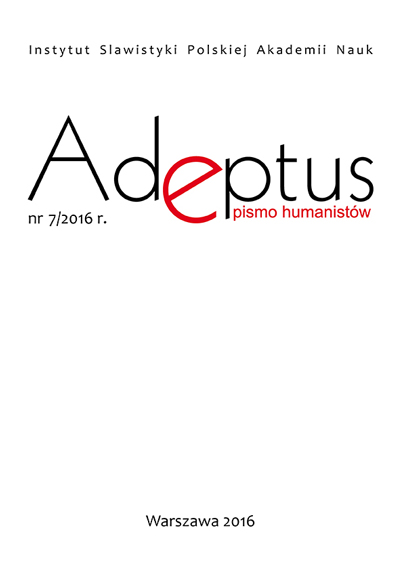Motywy wędrówki dusz i dybuka w kulturze żydowskiej i ich współczesna realizacja w twórczości Jony Wolach
Motifs of transmigration of souls and dybbuk in Jewish culture and their contemporary implementation in the works by Yona Wollach
Author(s): Anna PiątekSubject(s): Jewish studies, Jewish Thought and Philosophy
Published by: Instytut Slawistyki Polskiej Akademii Nauk
Keywords: dybbuk; reincarnation; Judaism; Yona Wollach; Hebrew poetry
Summary/Abstract: This article describes two concepts important for Jewish mysticism – dybbuk and the transmigration of soul, and goes on to present their contemporary usage in the works by Yona Wollach. The concept of the transmigration of souls (in Hebrew: gilgul neshamot) describes a situation whereby the soul of a dead person returns to the this world and occupies a new body. In the case of the dybbuk (in Hebrew: dibuk), on the other hand, the body of a living person, who has his or her own soul, is possessed by the spirit of a dead person. The concepts of reincarnation and dybbuk played an important role not only in religious tradition but also in folklore and popular and high culture. Both became the focus of a number of artworks. The article presents fragments of the poems of the Israeli poet Yona Wollach (1944–1985), in which she describes psychological states similar to transmigration of souls and being captured by a dybbuk. The article aims to show that these poetic images are in close connection with Wollach`s concept of the human psyche.
Journal: Adeptus
- Issue Year: 2016
- Issue No: 07
- Page Range: 50-66
- Page Count: 17
- Language: Polish

